Authoring one’s life is not a new idea, but it is a powerful concept that offers perspective on the influence we have over our lives. Layered within Casey’s thirty lessons, we learn about three Authoring skills. The first skill is about the outlining of our story—a focus on the future chapters (our future). The second skill is about the narrating of our story—a focus on the current chapters (our now). And the third skill is about the editing of our story—a focus on the past chapters (our history). Using these proactive skills helps us become active participants in our book. Although we do not have total “control” of our lives, we do have influence over how we plan it, how we internalize it, and how we remember it.
The first skill is outlining one’s book (the future).
Most of us were born with a pre-written outline for our life story based on our family of origin, our culture, our religion, etc. The outline might be wonderful or just tolerable but it’s the “story of our lives.” The biggest challenge for those who live the pre-written story is that they feel terribly distressed when the storyline diverts into something else. We feel as if we have been thrown into another story, derailed due to divorce, unemployment, failed grades, a move, death of a loved one, or another unexpected event. We just want to get our story back on track so that we can continue to the next chapter.
Other people aren’t as comfortable with their pre-written story. They were born into it but do not fit. They are burdened by the imposition of a pre-arranged story. It is not their story. They feel distressed because they cannot force the mold to fit them. Whether you fit into your story of origin or have fought for a new one, we are all unique individuals and the more involved, creative, and customized our story is, the more influence we have over it and the more resilient we are when things don’t work out.
There are three steps to designing your own life story.
1. Identify what you realistically want. We cannot significantly change nature (make ourselves taller because we want to play professional basketball). We cannot control others (make others like us because we want to be popular). We have to work with reality in order to set realistic goals.
2. Understand the path to pursue your story. Be clear about what it will take to live the story of becoming a doctor. Commit to the work it takes to open a bakery. Plan the steps that it will take to buy the property to keep your dream horses.
3. Take action towards your goals and be open to redirection. So many times we find ourselves unhappy while pursuing our goals. We have to remember that the process of achieving the goals IS the guts of our story. It IS our experience. So if the process isn’t desirable for you, you have the right and ability to rewrite those goals and alter the future. Understanding our power helps us achieve what we want—what we envision. It helps us become active participants in our lives.
Other people aren’t as comfortable with their pre-written story. They were born into it but do not fit. They are burdened by the imposition of a pre-arranged story. It is not their story. They feel distressed because they cannot force the mold to fit them. Whether you fit into your story of origin or have fought for a new one, we are all unique individuals and the more involved, creative, and customized our story is, the more influence we have over it and the more resilient we are when things don’t work out.
There are three steps to designing your own life story.
1. Identify what you realistically want. We cannot significantly change nature (make ourselves taller because we want to play professional basketball). We cannot control others (make others like us because we want to be popular). We have to work with reality in order to set realistic goals.
2. Understand the path to pursue your story. Be clear about what it will take to live the story of becoming a doctor. Commit to the work it takes to open a bakery. Plan the steps that it will take to buy the property to keep your dream horses.
3. Take action towards your goals and be open to redirection. So many times we find ourselves unhappy while pursuing our goals. We have to remember that the process of achieving the goals IS the guts of our story. It IS our experience. So if the process isn’t desirable for you, you have the right and ability to rewrite those goals and alter the future. Understanding our power helps us achieve what we want—what we envision. It helps us become active participants in our lives.
The second skill is narrating one’s life (our “now”).
Although we will discuss this in later lessons, narration is basically what we tell ourselves about our stories. For now, I’m going to focus on in-the-moment narration even though we have a narrative for our future and our past too. Narrating the now is our ongoing self-talk that relates and processes every moment of our every day. Most of it is unconscious and often forgotten but it still gets incorporated into our main story, which can have pleasant or dire results (and everything else in between!).
Imagine for a moment that your computer is recording your thoughts—writing your story as you process it in your mind. The words spill out onto the page. I’ve got too much to do. Why am I always the only one who picks up around the house. I’m never gonna get everything done. Of course I can’t organize worth a dang. If I could I’d have the family doing chores. I guess this is my penance then—picking up a wet towel in the middle of the floor! What does this self-talk say about this person’s story? It says that she thinks she’s disorganized, overworked, incapable, deserving of punishment, taken for granted. How does that thinking play out in her life? Energetically she might be scattered. Emotionally she might be angry. Behaviorally she might be rushed or aggressive. The story she tells herself has an impact on her overall story.
Even at a young age, we have ongoing “stories” that we tell ourselves. Our kids do too. Some of them have already adopted negative storylines like, “I don’t have any friends,” or “I’m weird,” or “I’m always in trouble,” or “I’m not good at school.” Children learn these narratives through experiences and messages they receive from the outside world and interpret internally. Once adopted, these narratives become the stories that filter our experiences. It’s like writing a romance or a drama. Once you start writing it, you stick with the genre.
If we are aware of our genre, we can actively change themes. If we are unaware, we passively write within the genre closest to our running commentary. This begins in childhood when we interpret events, like no one picking us as a partner for a project or another student making fun of the way we talk, to mean that we are “unfriendable.” Children develop these themes and filter future events through. They project ideas onto the people around them and confirm their fear: “I don’t have any friends.” Before they have the power to look critically on their experiences, they form these ideas. Without skills, they end up passively going through their social life never questioning their social story. Until an outside force changes their theme or something changes inside them, the negative story plays out as if on a stage.
Outside forces influence our stories, from commentary to non-verbal feedback. Parents influence their children’s stories from the beginning. We create their first self-talk; the first running commentary our children hear is from our mouths. We talk to them: Good boy, you rolled over! You are stinky! Why don’t you just go to sleep! What a sweet child you are! These comments apply to their now as well as set a pattern for their future commentary. Our non-verbal feedback offers them more information about whether we accept or reject their behavior. As we talked about in Lesson 2, micro-expressions send messages communicating that we are pleased, disgusted, or angry. These messages set the stage for more messages that they will receive from the outside world, both verbally and non-verbally.
This brings us back around to our narrative—the inside forces of change. Although it can be difficult to bring our self-talk to our consciousness, as we talked about in Lesson 1, we can do it. And when we do, we can apply new skills that act like a filter that change our language and ultimately our story. But what about the stories we’ve already written? Well, believe it or not, we can and do “edit” our early chapters even without the mindful process of editing skills. Since we do it anyway, we might as well use skills here too!
Psychologists Michael White and David Epston created Narrative Therapy, which uses the “re-authoring” of one’s story to regain mental health. The narrative process speculates that our life “story” changes based on our perspective at the time of the telling. You could tell the story of your mother getting angry at you because you skipped classes in High School at 20, and at 35, the story changes based on your changed life-perspective. One retelling could be very angry and the other understanding. Our brain basically alters (or edits) our memory based on the present themes of our story.
Based on the narrative process, White and Epston believed that we could re-narrate our story purposefully. It’s important to note that there is a difference between editing our story in a more positive, productive way and creating a delusion to serve our fantasy. Memory is tricky and already altered without our active participation, let alone adding a layer of false memory. Editing your story from a different perspective is an examination of beliefs derived from experiences that just might not be true and most likely are not helpful. If my family motto was Don’t Rock the Boat, I might not stand up for myself. When I am aware of that theme, I can challenge it and realize that I have the right to speak up.
Since our “Once upon a time” started without our participation, and our book began without our active input, we have to look at that time and the themes we picked up early on in order to change the direction of our stories. If, as we said earlier, we learned that we were “unfriendable” and we have filtered much of our experiences through this belief, then we have to identify it and edit it out of our ongoing tale. How do we do that? We use self-talk skills.
Authoring—future, present, past—is ultimately a self-talk skill that starts with awareness and ends with social (or work, parenting, education) success. The formula goes like this:
Imagine for a moment that your computer is recording your thoughts—writing your story as you process it in your mind. The words spill out onto the page. I’ve got too much to do. Why am I always the only one who picks up around the house. I’m never gonna get everything done. Of course I can’t organize worth a dang. If I could I’d have the family doing chores. I guess this is my penance then—picking up a wet towel in the middle of the floor! What does this self-talk say about this person’s story? It says that she thinks she’s disorganized, overworked, incapable, deserving of punishment, taken for granted. How does that thinking play out in her life? Energetically she might be scattered. Emotionally she might be angry. Behaviorally she might be rushed or aggressive. The story she tells herself has an impact on her overall story.
Even at a young age, we have ongoing “stories” that we tell ourselves. Our kids do too. Some of them have already adopted negative storylines like, “I don’t have any friends,” or “I’m weird,” or “I’m always in trouble,” or “I’m not good at school.” Children learn these narratives through experiences and messages they receive from the outside world and interpret internally. Once adopted, these narratives become the stories that filter our experiences. It’s like writing a romance or a drama. Once you start writing it, you stick with the genre.
If we are aware of our genre, we can actively change themes. If we are unaware, we passively write within the genre closest to our running commentary. This begins in childhood when we interpret events, like no one picking us as a partner for a project or another student making fun of the way we talk, to mean that we are “unfriendable.” Children develop these themes and filter future events through. They project ideas onto the people around them and confirm their fear: “I don’t have any friends.” Before they have the power to look critically on their experiences, they form these ideas. Without skills, they end up passively going through their social life never questioning their social story. Until an outside force changes their theme or something changes inside them, the negative story plays out as if on a stage.
Outside forces influence our stories, from commentary to non-verbal feedback. Parents influence their children’s stories from the beginning. We create their first self-talk; the first running commentary our children hear is from our mouths. We talk to them: Good boy, you rolled over! You are stinky! Why don’t you just go to sleep! What a sweet child you are! These comments apply to their now as well as set a pattern for their future commentary. Our non-verbal feedback offers them more information about whether we accept or reject their behavior. As we talked about in Lesson 2, micro-expressions send messages communicating that we are pleased, disgusted, or angry. These messages set the stage for more messages that they will receive from the outside world, both verbally and non-verbally.
This brings us back around to our narrative—the inside forces of change. Although it can be difficult to bring our self-talk to our consciousness, as we talked about in Lesson 1, we can do it. And when we do, we can apply new skills that act like a filter that change our language and ultimately our story. But what about the stories we’ve already written? Well, believe it or not, we can and do “edit” our early chapters even without the mindful process of editing skills. Since we do it anyway, we might as well use skills here too!
Psychologists Michael White and David Epston created Narrative Therapy, which uses the “re-authoring” of one’s story to regain mental health. The narrative process speculates that our life “story” changes based on our perspective at the time of the telling. You could tell the story of your mother getting angry at you because you skipped classes in High School at 20, and at 35, the story changes based on your changed life-perspective. One retelling could be very angry and the other understanding. Our brain basically alters (or edits) our memory based on the present themes of our story.
Based on the narrative process, White and Epston believed that we could re-narrate our story purposefully. It’s important to note that there is a difference between editing our story in a more positive, productive way and creating a delusion to serve our fantasy. Memory is tricky and already altered without our active participation, let alone adding a layer of false memory. Editing your story from a different perspective is an examination of beliefs derived from experiences that just might not be true and most likely are not helpful. If my family motto was Don’t Rock the Boat, I might not stand up for myself. When I am aware of that theme, I can challenge it and realize that I have the right to speak up.
Since our “Once upon a time” started without our participation, and our book began without our active input, we have to look at that time and the themes we picked up early on in order to change the direction of our stories. If, as we said earlier, we learned that we were “unfriendable” and we have filtered much of our experiences through this belief, then we have to identify it and edit it out of our ongoing tale. How do we do that? We use self-talk skills.
Authoring—future, present, past—is ultimately a self-talk skill that starts with awareness and ends with social (or work, parenting, education) success. The formula goes like this:
Awareness of our Thoughts + Redirection of those Thoughts = a Change in how we see Ourselves = Redirection in our Energy, Feelings, and Behaviors = our Social Success
I suggest that adults begin with their past story. If you can identify your past themes, you will have an easier time changing your current and future story. The accompanying Parent Support Activity walks you through the beginning of this process.
We, together, are working to create a positive spin in your children’s stories. Understanding how you influence their story is a powerful way to offer “editorial” assistance. At Casey’s Clubhouse, we offer both a positive outside experience and a positive inside experience to help change their stories. Externally, we created a friendly environment where they can be successful friends and successfully “friended.” Although some kids will still go to school and feel like they do not have friends, they will have one environment in which they DO have friends. Internally, we adapted the “write your own story” concept so that they can learn and use this internal skill at an early age. We focus the telling and re-telling of their stories so that they can author more positive lives.
.
Take Care,
Laura Schneider, LMHC


